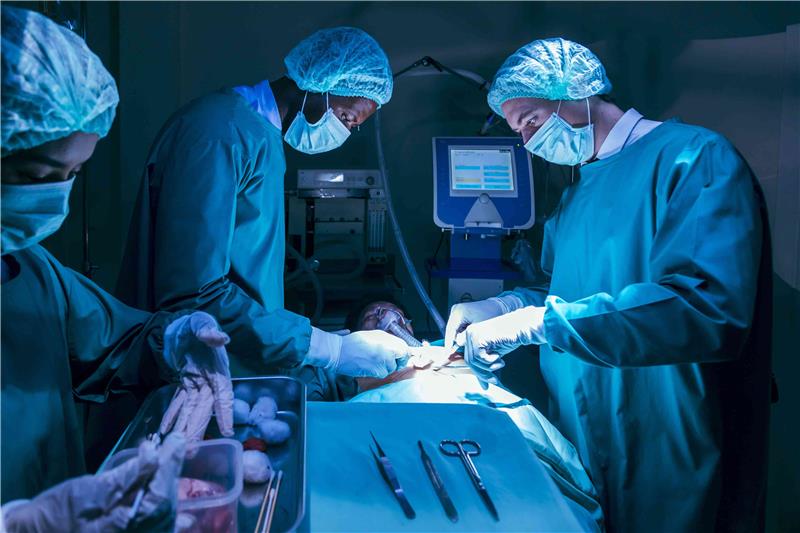

Heart transplant surgery is one of the most complex and rewarding medical fields. It requires precision, expertise, and a deep commitment to patient care. A typical day for a heart transplant surgeon is filled with critical decisions and intense focus, yet the outcome—saving lives—provides immense satisfaction.
Early Morning: Preparing for the Day
The day begins early for a heart transplant surgeon. Before heading to the hospital, they review patient files, ensuring that pre-operative tests and reports are up to date. The surgeon coordinates with various specialists, including cardiologists and transplant coordinators, to prepare for the day's cases. The complexity of each patient’s condition requires careful planning, especially for those undergoing heart failure treatment in India or awaiting a transplant.
Morning Rounds: Patient Assessments
During morning rounds, the surgeon and their team assess the progress of post-operative patients and those in need of transplants. Communication with nurses, family members, and other healthcare providers ensures that the patients are stable and well-cared for. In cases of heart failure, the surgeon discusses treatment options with the care team and prepares patients for upcoming procedures, monitoring their symptoms closely.
Midday: Preparing for Surgery
For heart transplant surgeons, surgery is the most critical part of the day. Once the surgeon has reviewed the patient’s condition, they prepare for the transplant. Coordination with the transplant team is essential, confirming the availability and compatibility of the donor heart. During this time, everything from surgical instruments to anaesthesia must be double-checked to ensure readiness.
Afternoon: Performing the Surgery
The transplant surgery itself is a multi-hour procedure that requires precision. The surgeon carefully removes the diseased heart and replaces it with the donor heart, ensuring proper blood flow and vessel connections. The team works seamlessly together, managing all aspects of the surgery, while the surgeon remains focused on the complexities of the transplant.
Late Afternoon: Post-Operative Monitoring
After surgery, the focus shifts to post-operative care. The surgeon monitors the patient’s recovery, ensuring the new heart functions properly and that there are no signs of complications such as infection or rejection. Updates are provided to the patient’s family, offering reassurance and answering questions about the recovery process.
Evening: Reflection and Administrative Tasks
As the day winds down, the surgeon reflects on the outcomes of the day’s surgeries. They complete administrative tasks, such as documenting procedures and updating patient records. Continuing education is also important, and the surgeon dedicates time to staying current with the latest research and advancements in heart transplant and cardiovascular care.
Conclusion
The life of a heart transplant surgeon is demanding, but it is also incredibly rewarding. The ability to save lives and improve the quality of life for patients is a powerful motivator. India is home to some of the best heart transplant doctors in India, who are advancing techniques and delivering high success rates. With their expertise, they are providing world-class care to patients and significantly improving outcomes in heart transplantation.
